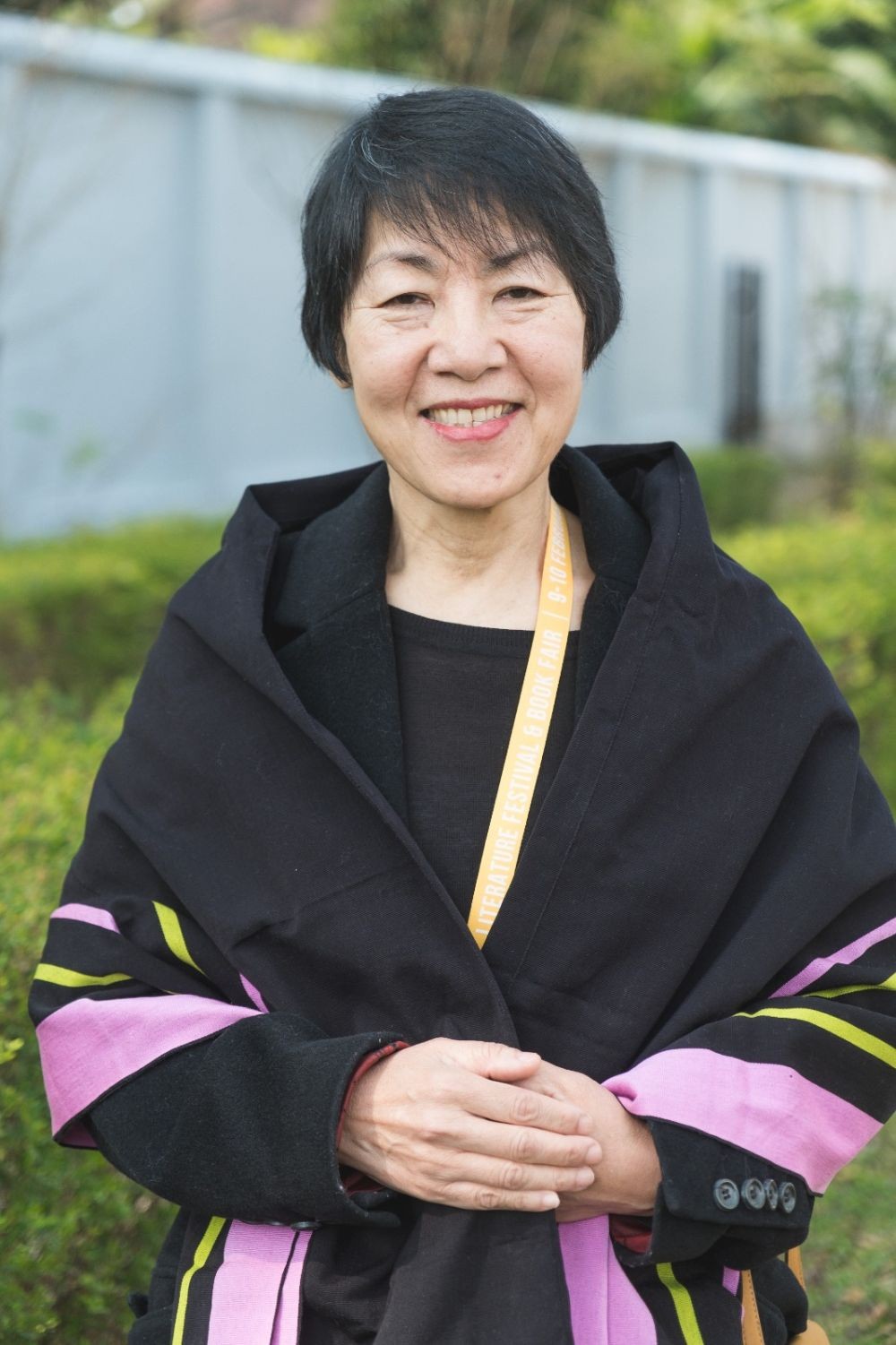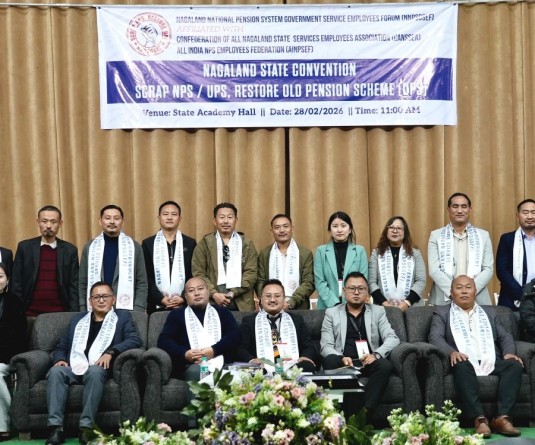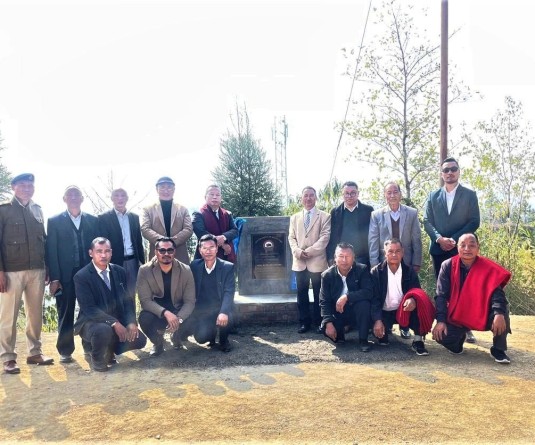Easterine Kire (Photo Courtesy: Image by Hopong Chang)

Vishü Rita Krocha
Kohima | March 7
Literature may not be recognised or given critical attention in the state, with little or no acknowledgement given to the existing or growing body of works emerging in Nagaland's literary landscape. However, pioneering Naga author, Easterine Kire has set a benchmark for herself and proved (even without attempting) that there is a global audience for Naga Literature even as her works have been widely recognised over the years.
The latest among her many awards for literature is the “Sahitya Akademi Awards for 2024” for her novel, “Spirit Nights”, which will be presented at an Award Ceremony to be held at the Kamani Auditorium in New Delhi on March 8—a day that is globally observed as International Women’s Day. The Sahitya Akademi Award recognizes literary excellence and Awardees will receive an engraved copper plaque, a shawl, and a cash prize of Rs 1 lakh.
Easterine Kire’s foremost emotion on winning the Sahitya Akademi Award for 2024 was “deep gratitude to our heavenly Father who is the master story maker” even as she expressed further that, “secondly, I felt very grateful to my Chang brother, Chingmak Chang, who was my go-to person for this story that emanates from the Naknyulum story.”
In an exclusive interview with The Morung Express, she said, “I am very happy about the recognition that this award brings, not only to Nagaland, but to the Northeast as a whole. The Northeast is good at celebrating when one of the sister states wins a national award, and I encountered the genuine joy of our region when I visited our Bodo cousins after winning the award.”
'Spirit Nights' is a novel about a village plunged in total darkness following a prophecy, she said while expressing that to work in such a setting was very challenging. Pointing out that “there were so many things to remember because the things we take for granted in the presence of daylight and natural light could no longer be part of the story,” she said, “it was a real stretch of the imagination to present life lived under the curse of total darkness.”
‘Many Naga Women are natural storytellers’
On the other hand, on the emergence of many Naga women writers as poets, and writers of short stories, children’s books and novels, she underscored that, “This is apart from their roles as homemakers, researchers and teachers.”
“Hurrah! More power to them!” she added.
She also related that this winter, she had the opportunity to spend a few days with a Naga woman writer and listen to her thoughts. Recalling this encounter, she said, “Her stories are simple on the surface, but actually have complex multi layers to them. Quite mind blowing when she reveals the symbolism behind seemingly simple statements and actions.”
For her, “this Naga woman writer represented the beautiful role of a woman writer in our society, writing our stories and balancing the role of presenting story and the multifaceted thoughts they carry.”
“Many of our women are natural storytellers. Many men too!” she added while further expressing her thoughts on International Women’s Day. “The most beautiful thing about Women's Day is not just the women organising it, but the men behind them who support them and make it a day worth celebrating,” she put across.





.jpg)
